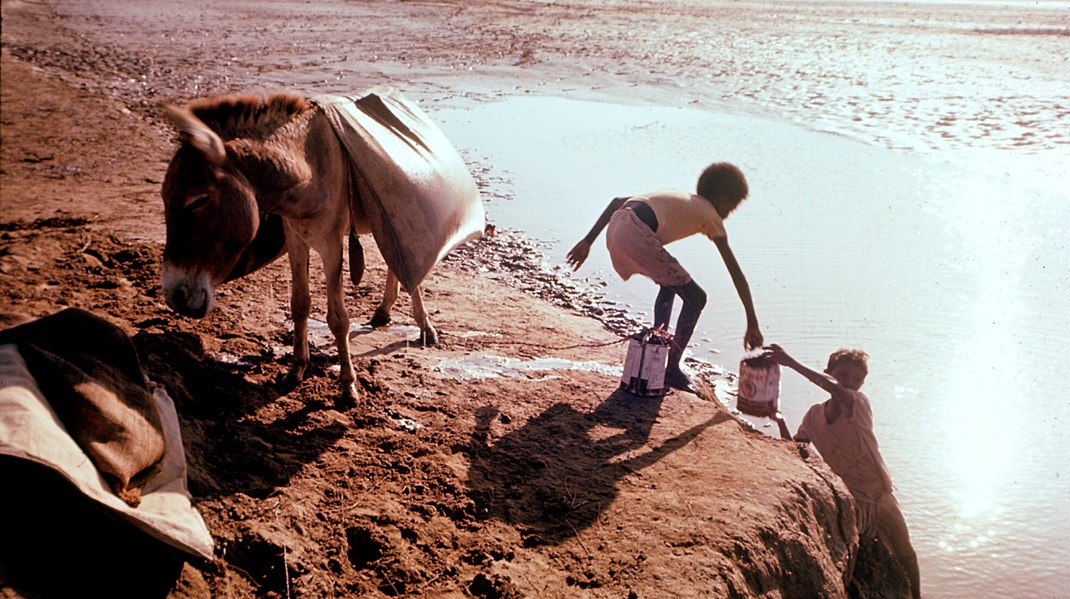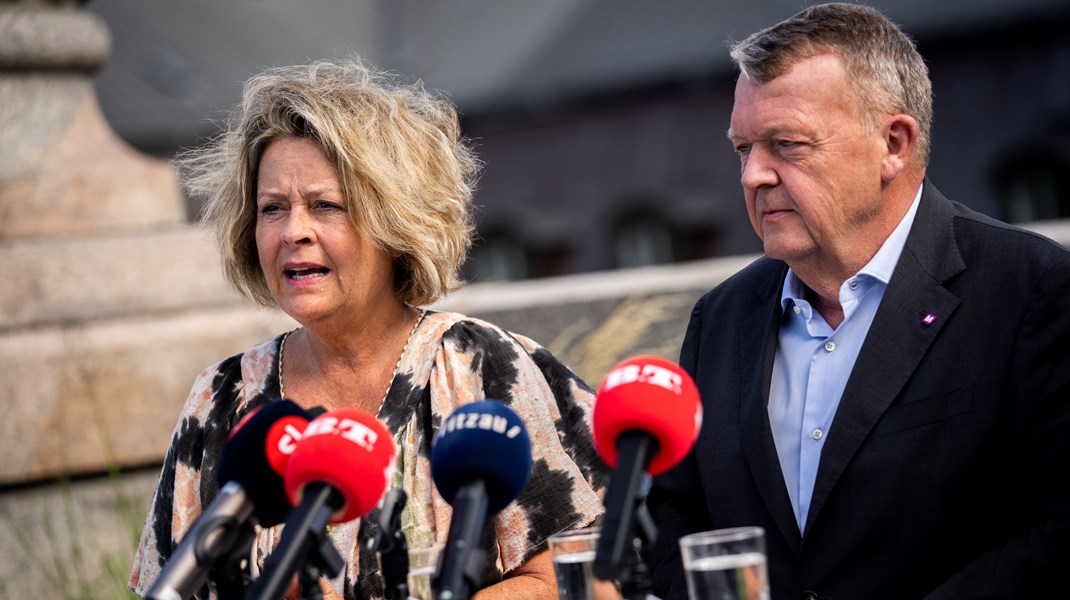International aid groups rush to reach Nepal quake victims
Paris, France | AFP | Saturday 4/25/2015 - 19:00 GMT
International aid groups rushed to respond Saturday to a massive earthquake in Nepal that claimed more than 1,000 lives as aftershocks and severed communications hampered rescue efforts.
"We do not yet know the scope of the damage, but this could be one of the deadliest and most devastating earthquakes since the 1934 tremor which devastated Nepal and Bihar," said Jagan Chapagain, Asia/Pacific director of the International Federation of the Red Cross and Red Crescent Societies (IFRC).
The IFRC said it was extremely concerned about the fate of rural villages close to the epicentre of the quake, some 80 kilometres (50 miles) from the capital Kathmandu.
"Roads have been damaged or blocked by landslides and communication lines are down preventing us from reaching local Red Cross branches to get accurate information," said Chapagain in a statement.
"We anticipate that there will be considerable destruction and loss of life."
Other aid organisations responding to the emergency also struggled to assess the needs with communications cut off around the Himalayan nation.
"Communication is currently very difficult. Telephone lines are down and the electricity has been cut off making charging mobile phones difficult," said Cecilia Keizer, Oxfam country director in Nepal.
"People are gathered in their thousands in open spaces and are scared as there have been several aftershocks," she added.
French aid group Action Against Hunger (ACF) said in a statement its teams in Nepal "were on their way to the affected areas to assess the damage and the needs" to mount a humanitarian response.
- Pledges of support -
Nations around world have also reacted to the deadly 7.8 magnitude quake that rocked Nepal on Saturday.
The United States is sending a disaster response team and has authorised an initial $1 million in aid to address immediate needs, the US Agency for International Development said.
The European Union also said its humanitarian experts were heading to the crisis areas.
"The full extent of the casualties and damage is still unknown but reports indicate they will likely be high, both in terms of loss of life, injuries and damage to cultural heritage," the EU statement said.
Condolences to the Nepalese people and all those affected by the devastating quake came from leaders across the globe, including China's Xi Jinping, France's Francois Hollande and Russia's Vladimir Putin.
In Europe, Britain, Germany and Spain also pledged support and assistance, with Norway promising to provide 30 million krone ($3.9 million, 3.5 million euros) in humanitarian aid.
"The absolute priority must be to reach people who are trapped and injured, and provide shelter and protection to those who have lost their homes," said International Development Secretary Justine Greening in Britain, which has sent a team of humanitarian experts to Nepal.
Charity Christian Aid launched an appeal for funds and said it was working with partner agencies to reach the worst hit areas.
"It's clear from what has emerged so far that there is an urgent need for emergency shelters, food and clean drinking water, warm clothing blankets and hygiene kits," said the group's regional emergency manager Ram Kishan in a statement.
In Kathmandu, office towers and apartment blocks have collapsed and the main hospitals are functioning but stretched to capacity, the IFRC said.
"I was in my fifth floor apartment and the shaking was extremely violent... we could see dust rising from the hills around the city and luckily we were able to evacuate," said a British Red Cross worker in the Nepalese capital.
Strong aftershocks risk causing further damage to buildings and have triggered fears among the local population, many of whom are afraid to return to their homes, the IFRC said.
burs-boc/mfp
© 1994-2015 Agence France-Presse


